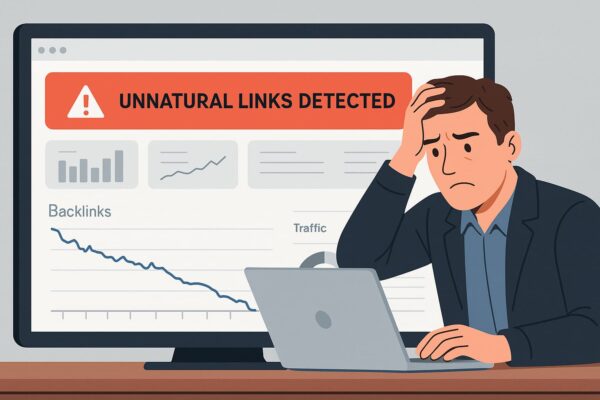Medicare and Medicaid are two federal health care programs in the United States that serve different populations and have different purposes and conditions for participation.
Medicare
Purpose: To provide health insurance for people age 65 and older and some younger people with certain illnesses or disabilities.
Who can benefit:
- Persons age 65 and older.
- Persons under age 65 with certain medical conditions, such as kidney failure requiring dialysis or transplantation, or amyotrophic lateral sclerosis (ALS).
Funding: U.S. federal government
Coverage: Includes hospital services (Part A), medical services (Part B), prescription drugs (Part D), and supplemental plans (such as Medicare Advantage).
Medicaid
Purpose: To provide health care for low-income people, including children, pregnant women, parents, people with disabilities, and seniors who need long-term care.
Who can benefit:
- Children from low-income families.
- Pregnant women.
- Parents or adults caring for children.
- Adults without dependent children (in some states).
- Persons with disabilities.
- Older adults with long-term care needs.
Funding: Co-funded by the federal and state governments.
Coverage: Includes doctor visits, hospital services, long-term care, preventive care, prenatal services, mental health care, and necessary medications.
Key differences
Target Audience: Medicare targets seniors and some people with disabilities regardless of income, while Medicaid targets low-income people, including children, pregnant women, and people with disabilities.
Funding and Administration: Medicare is funded and administered by the federal government, providing uniform standards across the country. Medicaid is jointly funded by the federal and state governments, and conditions of participation may vary by state.
Coverage of services: Medicare provides a standard set of health care services, while Medicaid may cover additional services, such as long-term care, depending on the state.
It is important to note that some people may be eligible for both programs at the same time. In these cases, Medicaid can help cover costs that Medicare does not cover, such as copayments for medications.
For more information and to check eligibility, it is recommended that you visit the official Medicare and Medicaid websites or contact your local health authorities.



